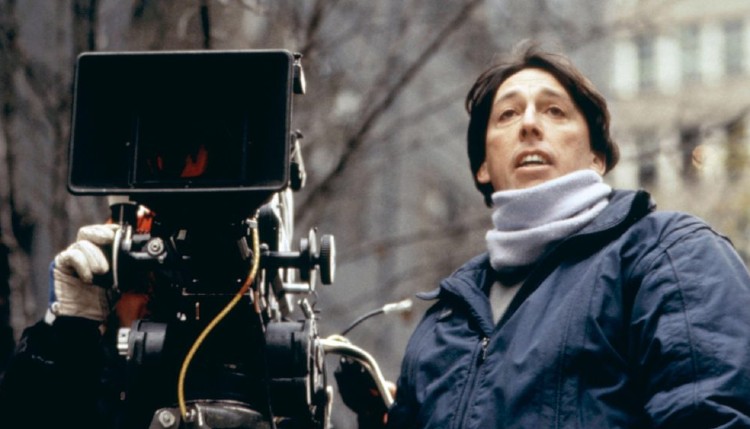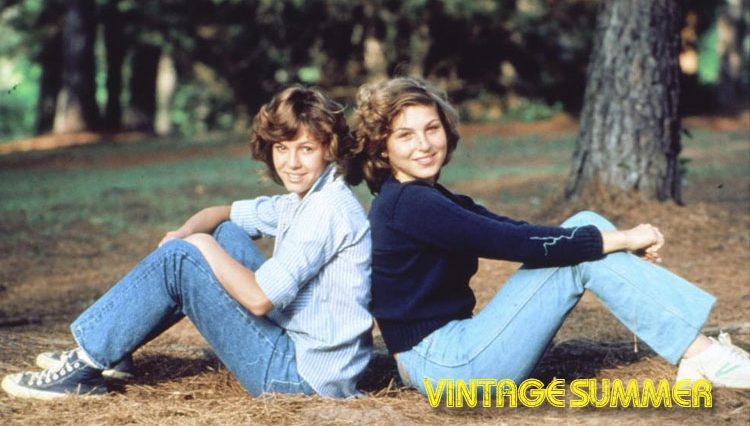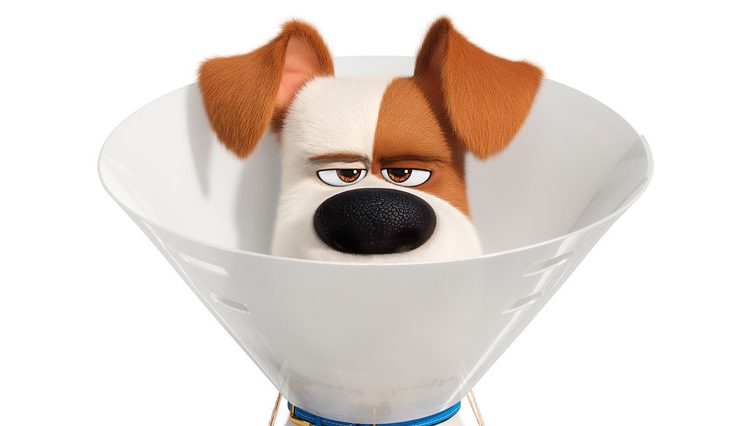These things get harder to write as each year passes. I’m not cut out for obituaries; confirming the facts I already know while trying to put themes into context, I hate it. I also don’t like to prepare for these things, prepare for death, put people I admire on “deathwatch,” or engage in dead pools. This kind of stuff hits me like a freight train cold-stop in my solar plexus, and it hurts. It hits you like a killer kung fu punch. I don’t want to write a damned obituary. I want to write a celebration of a funny man.
It was a couple of hours after the disappointing Super Bowl that I read news of Ivan Reitman’s passing. No cause of death was released at the time. It was a message from his family saying he had died peacefully in his sleep. He was 75 years old. Not that old, if I’m any judge of age. You’re only as old as you feel, but Ivan Reitman was an overgrown child, a funny man, a man who knew how to direct comedy. There are very few these days, and the best don’t get to work as often as they once did.
When he was four years old, his family hid him in the cargo hold of a slow boat crossing the Danube to avoid capture and repatriation by the Soviets. He came over to Canada. To hear Reitman tell the story, his heart was in “magic.” He produced shows for Doug Henning, saved up a bunch of money, and directed his first two features, Foxy Lady and Cannibal Girls, both starring Eugene Levy and Andrea Martin. He produced two early David Cronenberg movies, Shivers and Rabid, before moving on to stage manage a production of National Lampoon’s Lemmings while directing Second City in Toronto.
With Matty Simmons, he produced National Lampoon’s Animal House, which became his calling card in Hollywood, but it wasn’t enough to secure a directing job, so he gathered up financing to direct Meatballs in 1979 starring Bill Murray. To attract Murray to the project, Reitman asked Harold Ramis to punch up the script and tailor it to Murray’s talents. This collaboration would last well into the ‘90s and produce hit movies such as Stripes, Ghostbusters, Ghostbusters II, and Space Jam.
He directed Arnold Schwarzenegger in three hit comedies, Twins, Kindergarten Cop, and Junior. In 1993, Reitman directed Dave, starring Kevin Kline and Sigourney Weaver. Gary Ross’ script was nominated for an Academy Award. More than anything, Reitman was the co-architect or designer of the modern “screwball” comedy. Going back to the Marx Brothers, the early comedies of Cary Grant and Jimmy Stewart, there was always an element of the flouting of conservative society, “slob versus snobs,” and the mocking of the elite.
National Lampoon’s Animal House, written by Ramis, Douglas Kenney, and Chris Miller, was the clarion call to that new age of comedy and would set the tone for the excesses of the ‘80s. The likes of Reitman, Ramis, Len Blum, Lowell Ganz, Babaloo Mandel, Daniel Goldberg, and John Hughes would influence a new generation of comedy writers and producers. In later years, Reitman would move the spotlight to his talented son, Jason, who would go on to direct his “quirky” comedies, Juno and Up in the Air (produced by his father, for which he would earn a Best Picture nomination in 2010).
In 2019, he finally corralled the three surviving Ghostbusters together for one last adventure with Ghostbusters Afterlife, also directed by his son. I didn’t think this would be his final movie, but it seems fitting for a filmmaker whose name has become synonymous with one particular style of comedy. For most of his career, Reitman was marginalized because of the success of his more famous collaborators, and he had always sought to replicate the success and the feeling of the original Ghostbusters formula. With his passing, comedy loses a legend and a true innovator.






